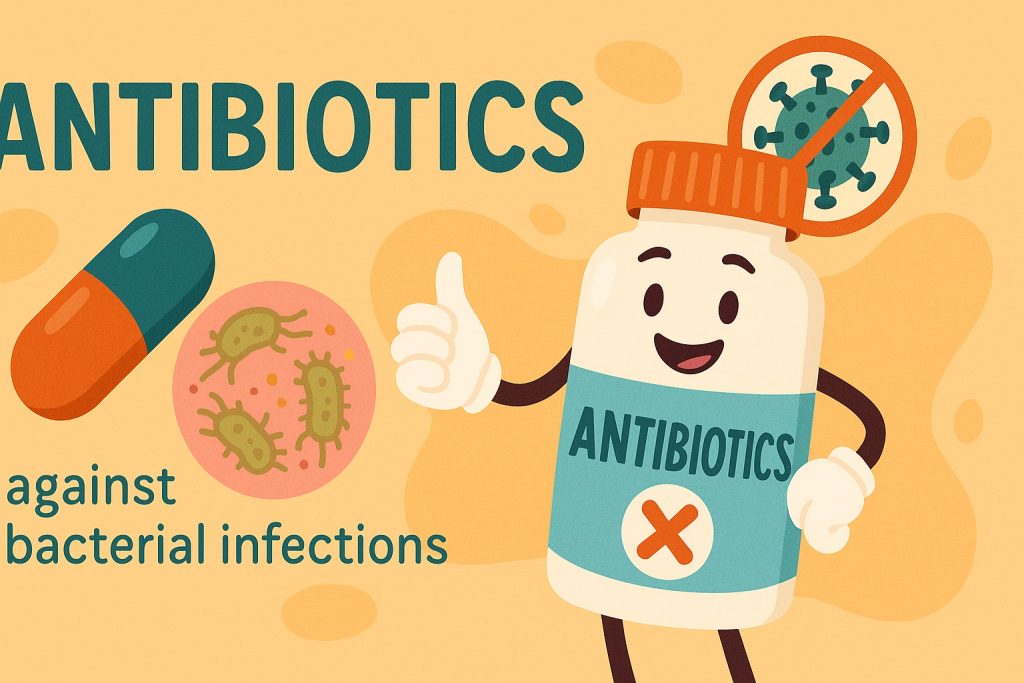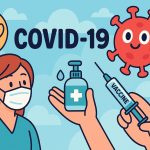Antibiotics are powerful medicines used to treat bacterial infections. They have transformed modern medicine, saving millions of lives since their discovery. However, the misuse and overuse of antibiotics can reduce their effectiveness and lead to antibiotic resistance, a major global health concern.
How Antibiotics Work
Antibiotics work by either killing bacteria or stopping them from multiplying. There are different types of antibiotics, and each targets specific bacterial structures or processes. For example, penicillin interferes with the bacteria’s ability to build cell walls, while others disrupt protein production or DNA replication.
Importantly, antibiotics do not work against viruses, which means they are ineffective for conditions like the common cold or flu.
Common Uses of Antibiotics
Doctors prescribe antibiotics for infections such as:
- Strep throat
- Urinary tract infections
- Pneumonia
- Skin infections
- Bacterial sinusitis
The right type of antibiotic and the correct dosage are essential for successful treatment. Completing the entire course is also crucial, even if symptoms improve early.
What Is Antibiotic Resistance?
Antibiotic resistance happens when bacteria evolve and become immune to the effects of an antibiotic. This makes infections harder to treat and increases the risk of severe illness or death. Overuse in humans and livestock, as well as improper prescriptions, contribute to resistance.
To prevent resistance:
- Only use antibiotics when prescribed
- Never demand antibiotics for viral illnesses
- Avoid sharing leftover medication
- Follow dosage instructions carefully
The Role of Probiotics and Recovery
Antibiotics can disrupt the gut microbiome, which includes helpful bacteria essential for digestion and immunity. That’s why many healthcare providers recommend taking probiotics during or after a course of antibiotics to help restore balance and reduce side effects like diarrhea.
Eating a healthy diet and staying hydrated also supports recovery.
Future of Antibiotic Research
Scientists are actively exploring:
- New types of antibiotics
- Better diagnostic tools
- Alternatives such as bacteriophage therapy
- Vaccines to prevent bacterial diseases
Preserving the effectiveness of antibiotics requires global cooperation, research, and responsible behavior by both patients and doctors.
Glossary
- Antibiotics – Medications that kill or inhibit the growth of bacteria.
- Bacterial infection – An illness caused by harmful bacteria multiplying in the body.
- Antibiotic resistance – When bacteria change in ways that make antibiotics no longer effective.
- Probiotics – Beneficial microorganisms that support gut health.
- Gut microbiome – The community of bacteria and other microbes living in the digestive tract.
- Bacteriophage therapy – A treatment that uses viruses to infect and destroy harmful bacteria.


